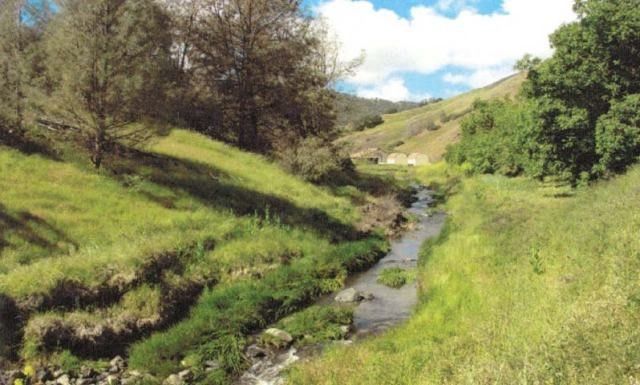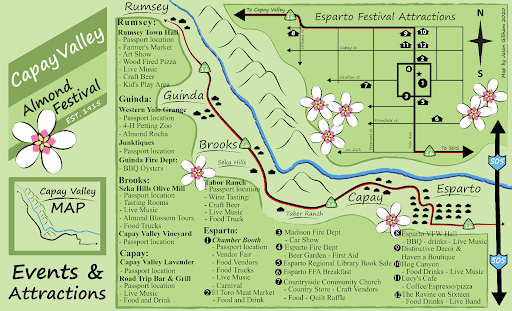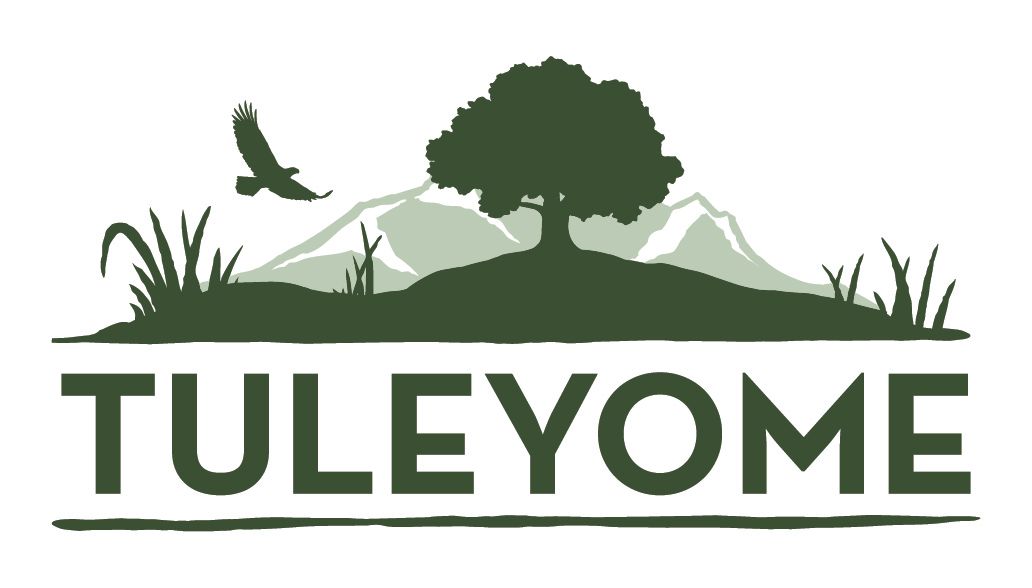Enjoying Outside - Adjusting to the Time Change
Spring forward, fall back - that’s how most of us were taught to remember which is which and what happens when. Daylight Savings Time (DST) or “summer time” is when we spring forward meaning we set the clocks ahead an hour. It occurs in March and lasts until November. The purpose of DST is to allow for a longer day with more daylight at a later clock time. Standard time, sometimes called “winter time” is when we fall back, setting the clocks back one hour resulting in one extra, blissful hour of sleep for that night.
Standard Time is the portion of the year between fall and spring and is based on the position of the Earth relative to the sun and has more light in the morning and an earlier sunset. The American Academy of Sleep Science (AASS) states that Standard Time most closely matches our body’s internal clock. Having more light in the morning and darkness earlier in the evening better aligns with our circadian rhythm (approximately a 24 hour period or cycle), and makes it easier for us to fall asleep at night and wake up bright-eyed and bushy-tailed in the morning. According to the AASS, “Standard time provides a better opportunity to get the right duration of high-quality, restful sleep on a regular basis, which improves our cognition, mood, cardiovascular health, and overall well-being.”
However, after polling my friends, that bonus hour hasn’t done any of us one bit of good. We’ve all been struggling to adjust ever since we turned those clocks back. And, I don’t mean having to reset the clocks on the stove and microwave and the momentary confusion when I noticed the car was still on Daylight Savings Time. My daily routine has been completely busted. Mornings are cold and it’s hard to get out of bed and then around 8:30 in the evening it’s dark outside and I’m ready to hit the hay. It doesn’t seem to matter what time I get up, I crash pretty early nowadays.
That being said, below are a few tips provided by the Sleep Foundation to help you adjust to the time change.
- Try to make a new routine that includes relaxing activities before bed. Doing an activity such as a cup of tea or listening to relaxing music every night will help signal your brain that it’s time to settle in for a good night’s sleep.
- Try to limit your screen time, the blue light can negatively impact sleep by tricking your brain into thinking that it’s still daytime.
- Stick to a consistent bedtime; fluctuations in the amount of sleep and when you go to bed can affect your quality of sleep which affects your energy level, concentration, mood and overall well-being. Your body will adjust to the time change more smoothly if you stick to a routine and aim for seven to nine hours of shut eye every night.
- Taking a quick, strategic, nap can also help you adjust too. Try not to nap for longer than 20 to 30 minutes though or you’ll have a hard time drifting off when it really is time to sack out.
- Try to limit food, alcohol and caffeine consumption before bed. Caffeine is a stimulant which can prevent your body from naturally calming down. Limiting caffeine seems obvious but food and alcohol can interrupt your sleep hormones which affects the quality and duration of your sleep.
Even though the time change is only one hour, the abrupt shift can negatively affect the quality of your sleep and as well as interrupt your schedule and daylight exposure. As much as I’d love for the above tips to help me adjust, the one sure-fire thing that not only gives me energy but also helps me sleep more soundly is time spent outside! Whether it’s just a quick trip around the park, a long walk with the dog, a round of golf or yard work - the brisk, fall air will promote your overall welfare and happiness. Time outside is rejuvenating for both your mind and body and exposure to natural sunlight helps your body regulate its sleep/wake cycle. If you’re up for more than a stroll around your neighborhood, sign up for one of Tuleyome’s guided hikes and go exploring in the Berryessa Snow Mountain National Monument with your friends and family. You’ll all sleep like a rock!
Fun Facts -
- In 1973, the United States tried to adopt permanent daylight savings time with cataclysmic results. America was in the midst of an energy crisis and having prolonged darkness in the morning wasn’t helping. Parents also had valid concerns about their children walking to school in the morning in the dark. The experiment was supposed to last two years but it was so unpopular that it was terminated after only eight months.
- The standard time period isn’t as long as the Daylight Savings period! Standard Time is about four and a half months while Daylight Savings lasts the majority of the year.
- About 60% of the world’s countries only use Standard Time.
-Kristie Ehrhardt (kehrhardt@tuleyome.org)
Tuleyome Land Conservation Program Manager
RECENT ARTICLES






